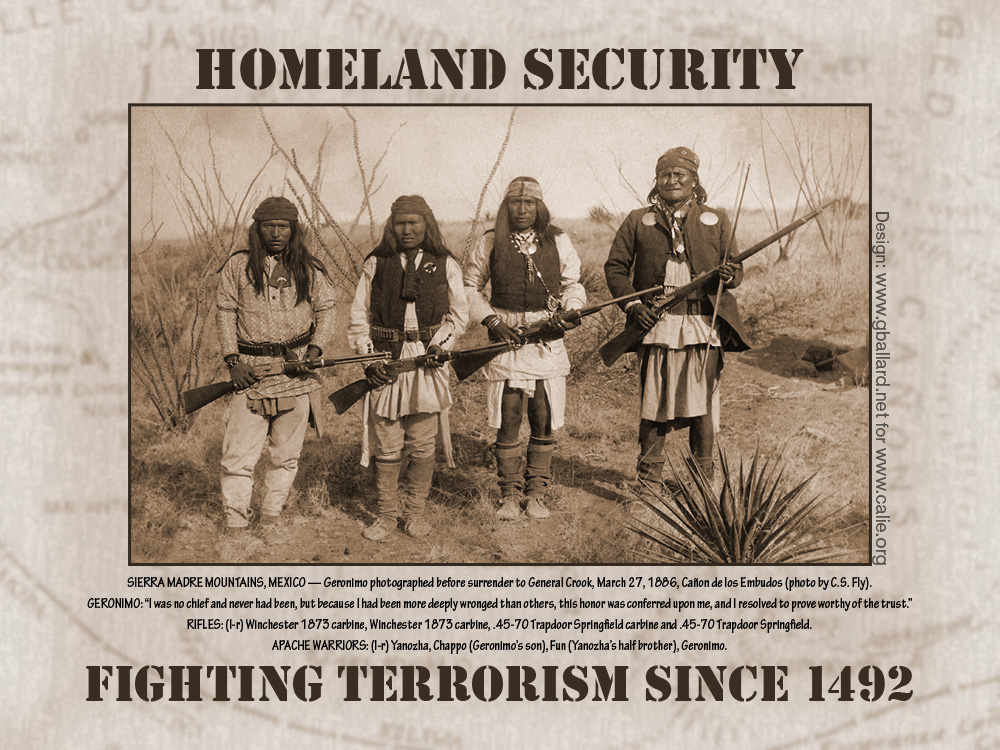[FONT=verdana,arial,tahoma]Drake may have been there in 1597, but by then half of Europe already gotten there[SIZE=+1]![/SIZE][/FONT][FONT=verdana,arial,tahoma][FONT=verdana,arial,tahoma][SIZE=+1]
[/SIZE]Around 1000 AD, Vikings landed in what's nowNewfoundland and Labrador.
In 1360 the Church of Rome sent Norwegian Paul Knutsson to reclaim Greenland from the Norse. Records indicate that Knutsson also sailed westward into Hudson Strait and Hudson Bay and then south into James Bay and also up the Albany River all the way to Lake Nipigon, north of Lake Superior. In 1398 Micmac (Indian tribe) legends began to talk of red-haired, green-eyed men with beards (Lief Ericsson?) who had arrived centuries earlier and taught the Micmac how to fish with nets.
The next to show up was John Cabot in 1497, who went ashore, probably on Cape Breton Island, and claimed "Terre Nova" in the name of King Henry VII
By 1504, a small fish-processing village had been established at present-day St. Johns, Newfoundland. The harbour and the processing plant were used by all the major European countries who fished the Grand Banks. In fact, St. John's Harbour became a focal point for ships leaving and arriving in the New World. There was so much European fishing traffic that [FONT=verdana,arial,tahoma]in 1506 Portugal [/FONT]began to levy [FONT=verdana,arial,tahoma]taxes against all the fish caught in the Grand Banks[/FONT]
[/FONT][/FONT][FONT=verdana,arial,tahoma]
Verrizano got there in 1523 and Jacque Cartier--who actually coined the name Canada--in 1534...he made at least 3 more trips by 1542.
So by the time Drake may or may not have shown up, the sea routes between Europe and Canada were already busier than the DC Beltway at rush hour!
[/FONT][FONT=verdana,arial,tahoma]
[/FONT]

